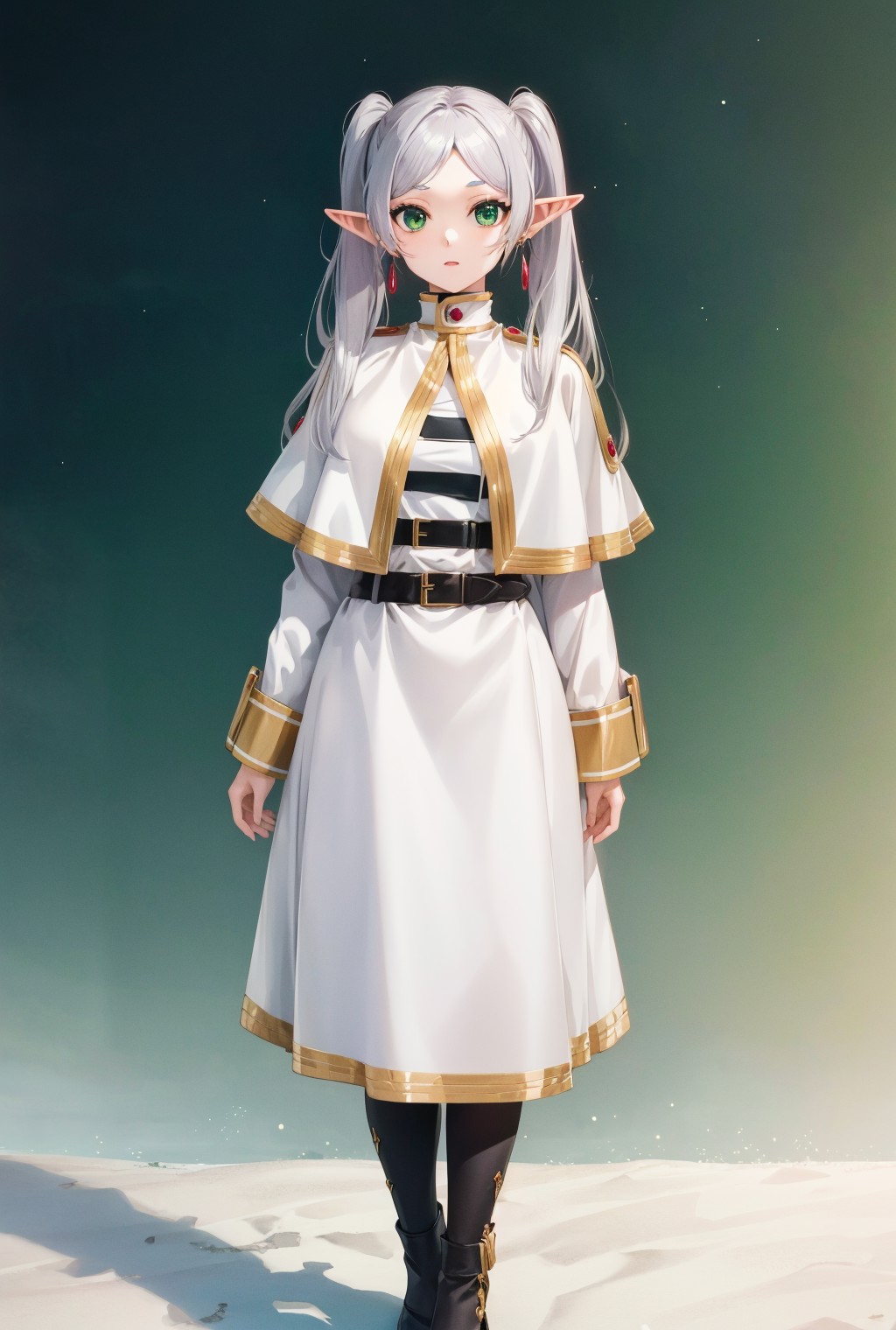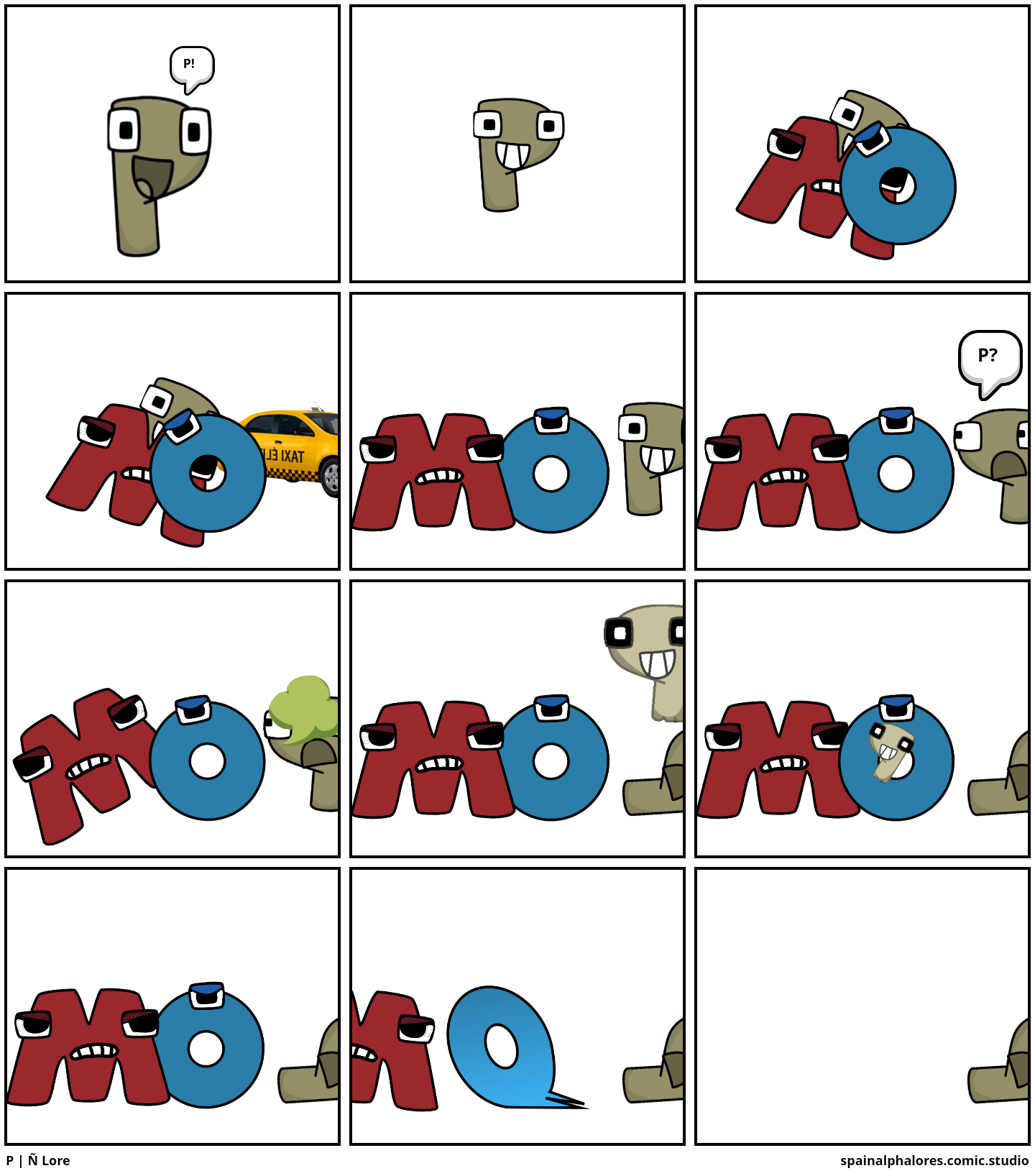Anna Netrebko: The Voice, The Legacy, & Navigating Modernity
In the world of classical music, few names resonate with the power, passion, and profound artistry quite like that of Anna Netrebko. Her voice, a dramatic soprano of immense beauty and versatility, has captivated audiences across the globe, cementing her status as one of the most celebrated operatic stars of her generation. Yet, beyond the breathtaking performances and sold-out halls, Netrebko's journey also reflects the complex interplay between traditional art forms, global digital landscapes, and the often turbulent currents of contemporary geopolitics.
This article delves into the remarkable career of Anna Netrebko, exploring her artistic genius, her profound impact on the opera world, and how a figure of her stature navigates the intricate challenges of the 21st century. From the precision of her vocal technique to the digital representation of her name, and the broader cultural context of her Russian heritage, we will uncover the multifaceted layers that define this extraordinary artist.
Table of Contents
- The Genesis of a Star: A Brief Biography of Anna Netrebko
- Personal Data & Biodata
- The Unmistakable Voice: Anna Netrebko's Artistry and Impact
- Navigating the Digital Realm: The Name нетребко in a Unicode World
- Deep Roots: Anna Netrebko's Russian Heritage and Cultural Context
- Challenges and Controversies: Art in Tumultuous Times
- Beyond the Stage: Philanthropy and Public Engagement
- The Enduring Legacy of Anna Netrebko
The Genesis of a Star: A Brief Biography of Anna Netrebko
Born in Krasnodar, Russia, on September 18, 1971, Anna Netrebko's journey to operatic superstardom is a testament to immense talent, relentless dedication, and a touch of destiny. Her early life was steeped in music, though her path to opera was not immediately clear. She initially studied at the Saint Petersburg Conservatory, where she caught the attention of the legendary conductor Valery Gergiev. This encounter proved pivotal, as Gergiev became a crucial mentor, inviting her to join the Mariinsky Theatre in Saint Petersburg.
- What Happened To Frankie Katafias
- Why Do Dogs Stomp Their Feet
- Omni Calculator
- Olivia Thirlby
- Jameliz Benitez Smith
It was at the Mariinsky that Netrebko began to hone her craft, taking on a diverse range of roles that allowed her to explore the full breadth of her vocal capabilities. Her breakthrough came in 1995 when she made her American debut as Lyudmila in Glinka's "Ruslan and Lyudmila" at the San Francisco Opera. From that moment, her career trajectory soared. Critics and audiences alike were mesmerized by her powerful yet agile voice, her captivating stage presence, and her innate dramatic flair. She quickly became a sought-after performer in the world's most prestigious opera houses, including the Metropolitan Opera in New York, La Scala in Milan, and the Royal Opera House in London.
Personal Data & Biodata
| Category | Detail |
|---|---|
| Full Name | Anna Yurievna Netrebko |
| Date of Birth | September 18, 1971 |
| Place of Birth | Krasnodar, Russian SFSR, Soviet Union |
| Nationality | Russian, Austrian |
| Vocal Type | Dramatic Soprano |
| Spouse | Yusif Eyvazov (m. 2015) |
| Children | One son, Tiago Arua Schrott (from previous relationship) |
| Notable Roles | Violetta (La Traviata), Manon Lescaut, Lady Macbeth, Leonora (Il Trovatore), Tatiana (Eugene Onegin) |
The Unmistakable Voice: Anna Netrebko's Artistry and Impact
Anna Netrebko's vocal prowess is often described as a rare combination of power, beauty, and flexibility. Her voice possesses a rich, dark timbre, particularly in the lower and middle registers, which allows her to excel in dramatic roles. Yet, she retains a remarkable agility that enables her to navigate coloratura passages with ease, a hallmark of bel canto repertoire. This versatility has allowed her to transition seamlessly between lyric and dramatic soprano roles, expanding her repertoire and captivating a wider audience.
Signature Roles and Interpretations
Throughout her career, Netrebko has made numerous roles her own, leaving an indelible mark on their interpretations. Her Violetta in Verdi's "La Traviata" is legendary, lauded for its emotional depth and vocal brilliance. Similarly, her portrayals of Puccini's Manon Lescaut and Verdi's Lady Macbeth have showcased her dramatic intensity and ability to embody complex characters. Her performances are not merely vocally perfect; they are deeply felt, drawing the audience into the emotional core of the narrative. The Russian phrase, "ÐžÑ Ñ‚Ñ‹Ð½ÑŒ к нему резко! Ðто резко дёрнет его к тебе как за верёвку. Любовь как тазик Ñ Ð¼Ñ‘Ð´Ð¾Ð¼)", which speaks of love's sudden pull and sweetness like a "basin of honey," metaphorically captures the intoxicating and irresistible allure of her performances. Audiences are truly "pulled" into her world, experiencing the full spectrum of human emotion through her art.
Impact on the Opera World
Netrebko's impact extends beyond her individual performances. She has been instrumental in bringing opera to a broader audience, thanks to her charismatic personality, crossover appeal, and willingness to embrace modern media. Her live performances, often broadcast globally, have introduced countless new listeners to the beauty and power of opera. She has inspired a new generation of singers and opera enthusiasts, proving that classical music can be both deeply traditional and vibrantly contemporary. Her collaborations with leading conductors and directors have consistently pushed artistic boundaries, ensuring that opera remains a dynamic and evolving art form.
Navigating the Digital Realm: The Name нетребко in a Unicode World
In an increasingly interconnected world, even the representation of a name like Anna Netrebko's becomes a fascinating case study in digital communication. Her name, originally written as нетребко in Cyrillic, presents a unique challenge and opportunity in the global digital landscape. For English speakers, it's typically transliterated as "Netrebko," but for those familiar with Cyrillic, the original form holds significance.
This is where the concept of Unicode becomes crucial. Unicode is a character encoding system that assigns a unique numerical code to every character in virtually every writing system in the world. This includes Cyrillic characters, ensuring that whether you're typing "Anna Netrebko" or "нетребко", the character is consistently displayed across different devices and platforms. The ability to "quickly explore any character in a Unicode string" and "get UTF bytes in each format" highlights the technical precision required to represent global names accurately online. Without Unicode, the Cyrillic form of her name might appear as garbled text or question marks, hindering accessibility and searchability for a significant portion of her global audience.
The seemingly simple act of copying and pasting text characters, including "fraction symbols copy and paste text characters" or "special characters and special symbols" using "Alt codes," underscores the foundational digital infrastructure that allows for the seamless sharing of information. While fraction symbols might seem unrelated, they illustrate the meticulous encoding required for even the most common text elements. For a global figure like Anna Netrebko, whose career transcends linguistic boundaries, the accurate digital representation of her name, social media posts, and performance schedules relies heavily on these underlying character encoding systems. It ensures that fans and professionals worldwide can easily search for, share, and discuss her work, regardless of their native language or keyboard layout.
Deep Roots: Anna Netrebko's Russian Heritage and Cultural Context
Anna Netrebko's artistry is deeply intertwined with her Russian heritage. Her interpretations of Russian operas, particularly those by Tchaikovsky and Rimsky-Korsakov, are celebrated for their authenticity and emotional depth. The nuances of the Russian language, its poetic structure, and its unique cultural expressions are integral to these performances. Understanding the language itself, with its intricate rules, provides a deeper appreciation for her craft.
As the "Data Kalimat" notes, "Russian punctuation is strictly regulated. Unlike English, the Russian language has a long and detailed set of rules, describing the use of commas, semi-colons, dashes, etc." This precision in written language reflects a broader cultural emphasis on detail and expression, which can be observed in Russian classical music and literature. For an artist like Anna Netrebko, whose vocal delivery relies on conveying the precise meaning and emotion of the text, this linguistic rigor is not just an academic point but a fundamental aspect of her artistic foundation. Her ability to embody Russian heroines with such conviction speaks volumes about her connection to this rich cultural tapestry.
Challenges and Controversies: Art in Tumultuous Times
The life of a global artist is rarely without its complexities, and Anna Netrebko's career has, at times, found itself at the intersection of art and geopolitics. The provided "Data Kalimat" includes a poignant reference: "War caught Rozner's orchestra in Kyiv on tour. They fled Kyiv under bombing." While this specific anecdote refers to a different orchestra, it powerfully encapsulates the devastating impact of conflict on cultural life and individual careers, a reality that has directly affected Anna Netrebko.

Image posted by fansay

Ñ - Comic Studio

Р | Ñ Lore - Comic Studio